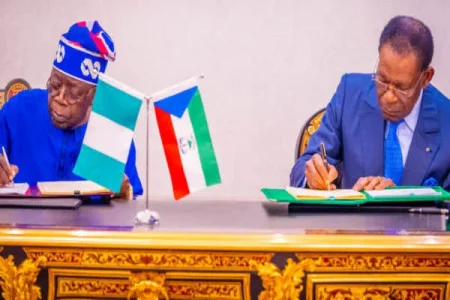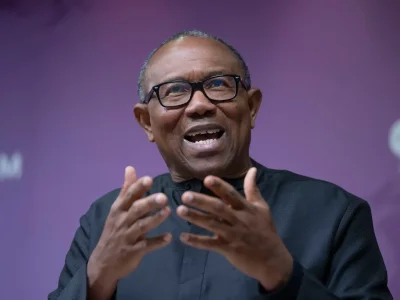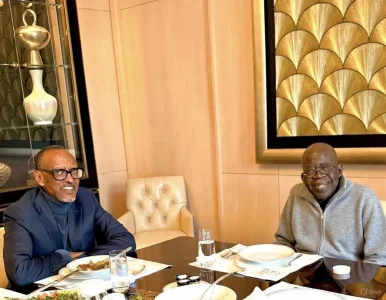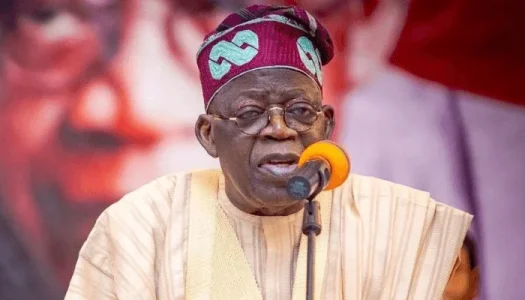
Nigerian President Bola Tinubu and Equatorial Guinea President Teodoro Mbasogo have signed a groundbreaking agreement for a gas pipeline along the Gulf of Guinea. This deal aims to enhance regional energy security, create jobs, and foster economic cooperation. The agreement also addresses broader African development and conflict resolution.
Nigerian President Bola Tinubu and Equatorial Guinea's President Teodoro Obiang Nguema Mbasogo have signed a pivotal agreement to develop a gas pipeline along the Gulf of Guinea. The deal, which was finalized on August 14, marks a critical step in enhancing regional energy security and fostering economic cooperation between the two nations.
Ajuri Ngelale, the spokesperson for President Tinubu, revealed that the agreement encompasses a comprehensive framework for the legislative and regulatory measures needed to establish and operate the gas pipeline. The accord also addresses key issues such as the transit and ownership of natural gas, laying the groundwork for the future of energy collaboration in the region.
President Tinubu emphasized that the agreement would unlock new opportunities for gas exploration and create numerous employment prospects. He also highlighted the broader discussions held with President Mbasogo, which covered pressing issues like food security, multilateral relations, and conflict resolution mechanisms within the African continent.
“Our discussions were focused on finding African solutions to African problems," Tinubu stated. "We must strive for peace and stability, just as Europe and America have done, by addressing challenges such as inadequate capital, industrialization, and research development.”
The bilateral meeting also touched on the challenges posed by the African Continental Free Trade Area (AfCFTA) and the need for enhanced security cooperation. Both leaders expressed a shared commitment to ensuring that Africa's growth and prosperity are driven by internal solutions rather than external interventions.
President Mbasogo affirmed the importance of Nigeria-Equatorial Guinea relations, noting that the pipeline agreement is a strategic move for Africa's development. He also underscored the continent's aspirations for a permanent seat on the United Nations Security Council, vowing to collaborate closely with Nigeria to achieve this goal.
The signing ceremony was also attended by Nigeria’s Minister of Foreign Affairs, Yusuf Tuggar, and his Equatorial Guinea counterpart, Simeon Oyono Esono, who both played instrumental roles in finalizing the agreement. This partnership represents a bold step forward in the pursuit of sustainable energy and economic development across Africa.




